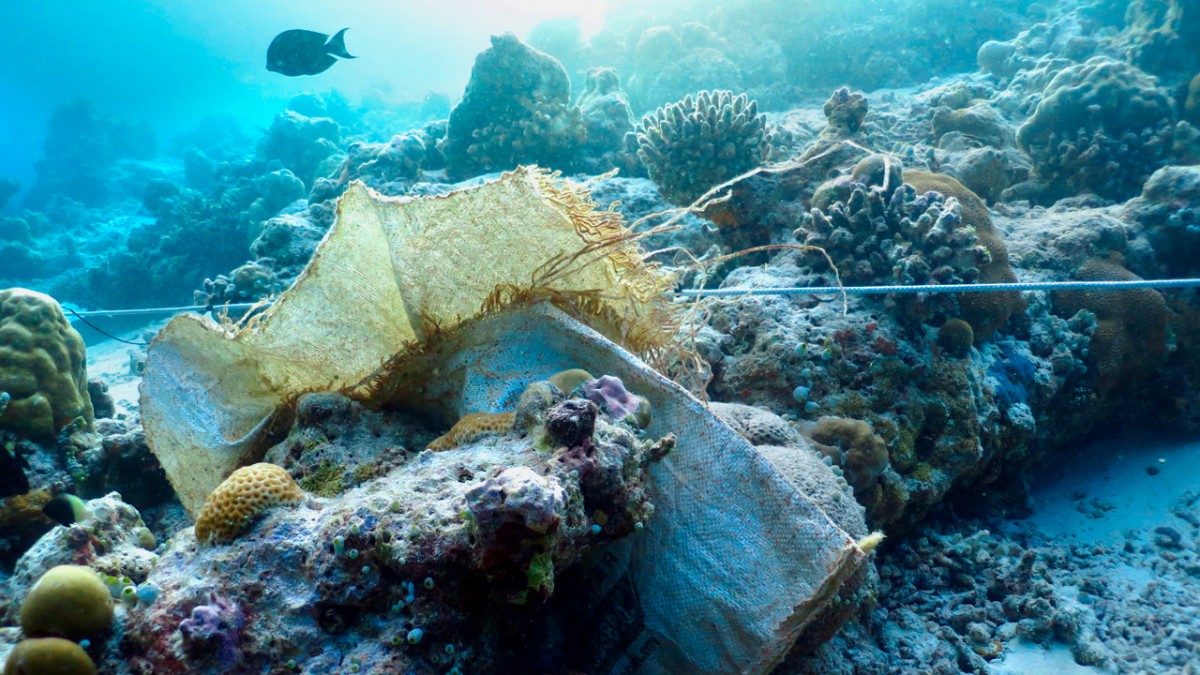11 Dec 2024

Tired Earth
By The Editorial Board

The deepest point on Earth is heavily polluted with plastic, scientists have discovered, showing how pervasively the world has been contaminated.
The researchers plumbed the depths of the Mariana Trench in the western Pacific Ocean, near Challenger Deep, the lowest place on the face of the planet. They found the highest levels of microplastics yet found in the open ocean, compared with surveys from elsewhere in the Pacific, Atlantic and Arctic oceans.
“Manmade plastics have contaminated the most remote and deepest places on the planet,” said the Chinese researchers. “The hadal zone is likely one of the largest sinks for microplastic debris on Earth, with unknown but potentially damaging impacts on this fragile ecosystem.”
Other recent studies have demonstrated the reach of human impacts into the Mariana Trench, with “extraordinary” levels of pollutants being found there and plastic being found in stomachs of deep sea creatures. Microplastics have also been found in Swiss mountains, tap water and human faeces.
Many millions of tonnes of plastic pour into the oceans every year, but where all the pollution ends up is not well known. The researchers from the Institute of Deep Sea Science and Engineering in Hainan collected bottom water and sediment samples from 2,500m down to 11,000m below sea level. By comparison, Mount Everest is 8,850m above sea level.
The analysis, published in the journal Geochemical Perspectives Letters, found that the concentration of microplastics increased as the sample sites descended the trench. At the bottom, they reached a maximum of 2,200 pieces per litre in sediments and 13 pieces per litre in water.
The researchers said the microplastics in the trench were likely to come from the industrialised nations in east Asia, including China and Japan. The trench is a narrow, V-shaped abyss and therefore traps sinking particles. Earthquakes are relatively common in the trench and these may help shake sediments down into the trench, the researchers said.
Most of the microplastics were fibres a few millimetres long, most likely from clothing, bottles, packaging and fishing gear. Polyester was the most common plastic in the sediments and polyethylene terephthalate, used for bottles and clothing, was most frequent in water samples.
Microplastics have been shown to harm sealife, which is already being damaged by overfishing and climate change. The researchers said: “Further work to evaluate the impacts of microplastics on fragile hadal ecosystems is urgently needed.”
Source : www.theguardian.com
Comment